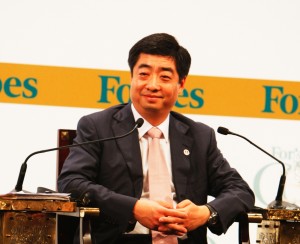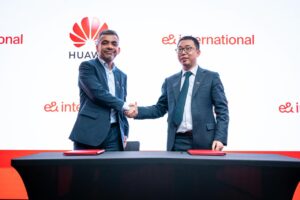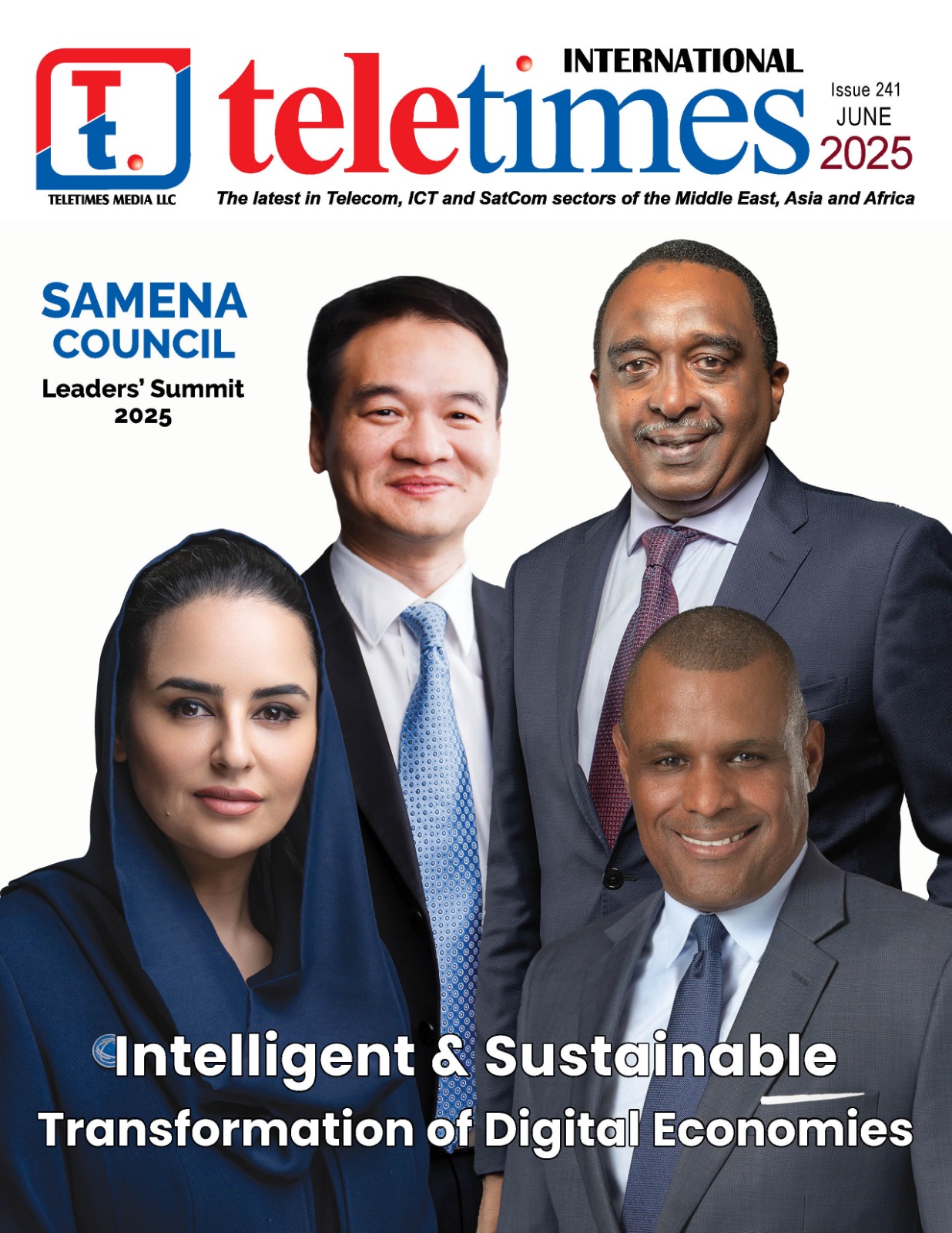 Technological innovation is happening at an extremely rapid pace, fueling endless opportunities for social development and progress, said Ken Hu, Rotating CEO and Deputy Chairman of Huawei, speaking at the Forbes Global CEO Conference in Dubai. “The concepts of user-centricity, value creation, and open collaboration are critical success factors that have long been practiced by Huawei as they have formed our three-pronged innovation strategy.”
Technological innovation is happening at an extremely rapid pace, fueling endless opportunities for social development and progress, said Ken Hu, Rotating CEO and Deputy Chairman of Huawei, speaking at the Forbes Global CEO Conference in Dubai. “The concepts of user-centricity, value creation, and open collaboration are critical success factors that have long been practiced by Huawei as they have formed our three-pronged innovation strategy.”
The annual Forbes Global CEO Conference serves as a platform for some 400 influential CEOs, tycoons, entrepreneurs and thought-leaders to exchange insights and build relationships. Under the theme of ‘The Race Ahead’, this year’s conference examined how we can face critical challenges in the global competition for prosperity.
As part of the ‘Fast Track with Technology and Innovation’ panel discussion, Mr. Hu shared how new technologies and innovation are driving revolutionary change across the world and the challenges this brings to the ICT industry.
“Successful innovation begins by getting into the mindset of the customer. Only then can we develop and provide truly inspired, easy-to-use products and services. Consumers will continue to demand faster, more powerful and more intuitive mobile interfaces and experiences. To meet this demand, the integration of ICT is critical,” said Mr. Hu.
“The goal of innovation is to create value. A new technology will not make the desired impact unless it is able to add value to the lives of its users; and, when successful, it will inspire even more innovation,” he said. “Open collaboration is another factor stimulating innovation. Sharing knowledge, information, experiences and capabilities saves duplicated efforts and investment, and makes room for new ideas.”
Ken Hu also shared his views on changing consumption models and two major challenges the ICT industry faces: the maturity of business models and cross-industry readiness.
“New technologies, such as smart devices, have changed lives around the world; changing the way we communicate and empowering many with access to information never before imaginable,” said Mr. Hu. “ICT has also changed traditional consumption models and habits and has given birth to new industries. In the transportation industry, ICT is helping provide a more seamless experience as travelers can, for example, access applications that offer real-time updates to avoid traffic and train delays.”
“It is necessary to find a sustainable profit model that can turn innovation into a successful commercial product. It is also necessary to determine how best to distribute profits among developers, operators, and users, in order to ensure the ecosystem is incentivized to drive the innovation forward,” Mr. Hu said. “Industries must work together to develop policies that promote a fair and effective industry environment.”
June 4, 2025











